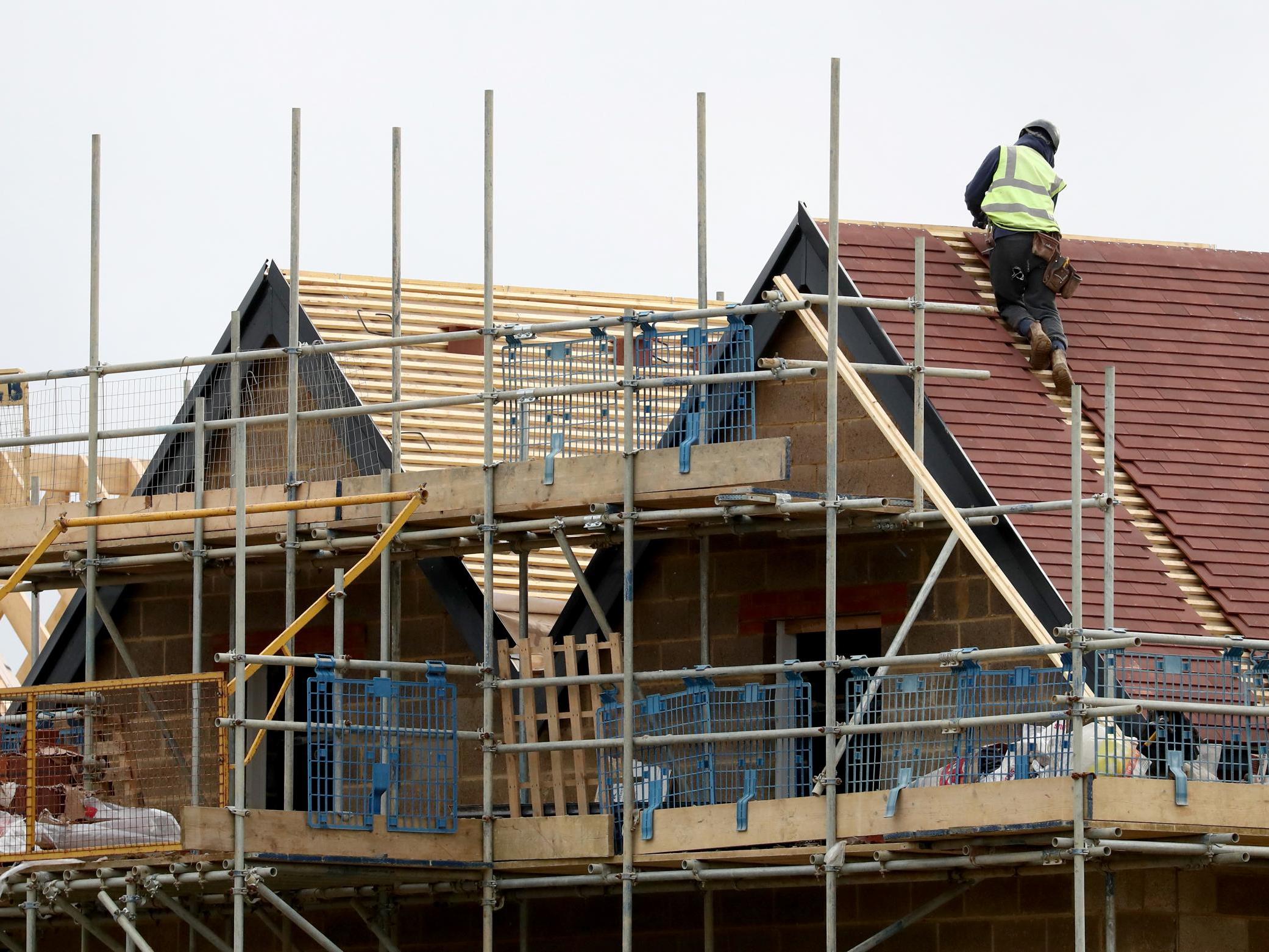We need to build more houses – but new planning rules shouldn’t sweep away the good with the bad
Editorial: With environmental concerns and more, a one-size-fits-all approach to this crisis won’t measure up

The government is hailing the biggest changes to the planning system since its creation in 1947, in an attempt to ensure the building of more housing and the infrastructure needed to support it.
The aim is worthy: successive governments have talked a good game on housebuilding, but failed to hit their targets. The abject failure to bring supply closer to demand has inflated the price of homes, denying millions of young adults a foot on the property ladder.
The key change would be a radical one. Instead of its use being micro-managed by local authorities, land would be designated as one of three types. In “growth” areas, new homes, hospitals, schools, shops and offices would be allowed automatically. In “renewal” areas, “permission in principle” would balance speed with checks. “Protected” status would safeguard the green belt and areas of outstanding natural beauty.
The blueprint does not come as a total surprise. A switch to such a zonal system was recommended by the Policy Exchange think tank in January. Its report was co-authored by Jack Airey, who soon afterwards joined the Downing Street policy unit.
His idea certainly has the potential to tackle nimbyism by local authorities who oppose housebuilding in their areas. The government could make it a question of where rather than whether homes should be built outside protected areas. This will inevitably mean ministers facing down opposition from Conservative councillors, some elected on a pledge not to allow such building.
The proposal is designed to ensure faster planning decisions. In 2018, 2.25 homes per 1,000 people were built in the UK, compared to 3.6 in Germany, 3.8 in the Netherlands 3.8 and 6.8 in France. Ministers claim it takes an average of five years to approve a housing development, even before building starts.
However, they are wrong to blame the town halls, who approve nine out of 10 planning applications. A major problem is developers sitting on tens of thousands of sites with planning permission in the hope their asset increases in value. One million homes given approval in the past decade remain unbuilt. If the planning system needs reform, then so does the delivery system.
Robert Jenrick, the housing secretary, says he wants to “break the stranglehold” of the big builders, and open up the market to smaller ones. That would be a good thing, though it will require ministers to stand up to some companies who donate money to the Conservative Party. Mr Jenrick should know: he rushed through a £1bn plan for homes at the former Westferry Printworks in London’s Docklands after sitting next to Tory donor and developer Richard Desmond at a party fundraising dinner.
Ministers insist local authorities would decide which category land should fall in. But the government’s cavalier attitude towards local authorities during the coronavirus crisis does not fill us with confidence; it has been reluctant to share vital information about cases and to trust local public health officials to trace the contacts of people with the virus. The planning shake-up must not be used to further erode the power and autonomy of councils.
Ministers must ensure their sweeping changes do not sweep away protection of the environment. This will necessarily involve a lot more than their pledge for every new road to be tree-lined. Mr Johnson’s complaint of “newt-counting delays” in the planning system has rightly set alarm bells ringing in the green movement. He must allay such fears with cast-iron guarantees to protect wildlife and habitat.
The prime minister should also recognise that relying on private sector solutions alone will not solve the housing crisis. Ensuring more building by councils and housing associations would ensure a better mix, with more affordable homes for rent. Sadly, that might not fit the “command and control” style of governing which has become Mr Johnson’s hallmark.
Join our commenting forum
Join thought-provoking conversations, follow other Independent readers and see their replies
Comments